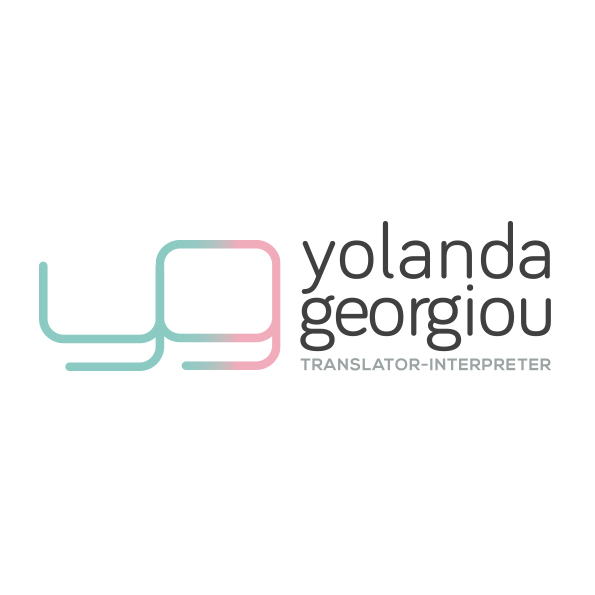FAQs Translation & Interpreting
Find answers to the most frequently asked questions about translation and interpreting services.

Quality • Trust • Consistency
- Entrust your linguistic content to a professional translator and conference interpreter with postgraduate level education, dedication to continuous professional training and a strong commitment to detail and quality.
- Gain access to a full range of linguistic services involving translation and interpreting, thanks to a wide network of experienced colleagues with various specialisation areas.
- Save money by investing in high quality comprehensive linguistic services, and focus on what you do best, promoting your message to the audience you wish to reach and taking care of your customers.
FAQs Translation and Interpreting
1. What is a translation?
Translation is the written transfer of a message from one language to another with the greatest possible completeness, fidelity and accuracy. To achieve this you need high-level skills such as:
- Excellent understanding of the text in the original language
- Correct rendering in the target language
- Maintaining the appropriate style and linguistic level
- Subject and terminology research skills
- Excellent knowledge of computer-aided translation tools
- Excellent knowledge of the subject matter and terminology management
2. What is an official translation and what are its requirements?
Official translations are intended for use in public or private authorities and bear the signature and seal of the translator, who certifies their correctness and accuracy.
In Greece, official translations can be carried out by graduates of the Ionian University, certified translators registered in the Register of Certified Translators of the Ministry of Foreign Affairs, lawyers and notaries. Some examples of documents for which official translation may be required include the following:
- Degrees and supporting documents
- Certificates
- Tax and legal documents
- Medical opinions and tests
3. How can I make sure I receive high-quality translation services?
Every professional translator possesses the necessary skills and qualifications to provide high-quality translation services. However, the client can make a significant contribution to the best possible outcome by:
- Setting a convenient deadline for the delivery of the translation
- Informing the translator, where appropriate, of any specific terminology used by their organisation
- Facilitating cooperation with the translator whenever necessary
4. What is interpreting?
Interpreting is the oral rendering of a speaker’s message in a language other than the one they speak so that the message can be understood by listeners who do not speak the same language.
Interpreting is an extremely demanding mental process, and the interpreter needs specific skills, such as excellent knowledge of both their native language and the foreign language they are working with.
It also requires qualifications such as:
- Quick analysis of the message
- Correct transfer of the message
- Ability to manage stress and anxiety
- Constant willingness to learn
5. How can I make sure I receive high-quality interpreting services?
Professional interpreters are trained to work under high pressure and mental strain, while maintaining the highest possible level of performance with regard to the speaker’s message.
● Preparation
The interpreters’ work becomes easier and even more effective, when they have received the full version of the speeches and/or presentations, or at least their main points, beforehand, so that they can prepare as best as possible and deliver the content of the speeches in the most complete way, contributing decisively to the success of the conference or meeting.
● Equipment
Equally decisive, especially for remote interpreting, is the technical equipment used by the client/speaker. A high-speed internet connection, a suitable microphone and the right headphones ensure high sound quality and, hence, a more complete and accurate interpretation of the message by the interpreter.
6. Why should I trust a freelancer instead of a translation company?
By choosing to work with a freelancer, you can be sure that you will gain personal contact with a close and reliable partner who will accompany you every step of the way in the world of language services.
By providing the translation and interpreting services you need, they will listen carefully to your wishes and needs and seek to provide a solution to your every request.
Besides, most translation companies in Greece and abroad outsource the main bulk of their work to freelance translators.
CONVEY YOUR MESSAGE ACCURATELY BY CHOOSING PERSONALISED TRANSLATION SERVICES
GET IN TOUCH WITH ME
Request a Free Quote for Translation and Interpreting Services
Your information is safe with me. Please read our Privacy Policy.
Useful Resources

